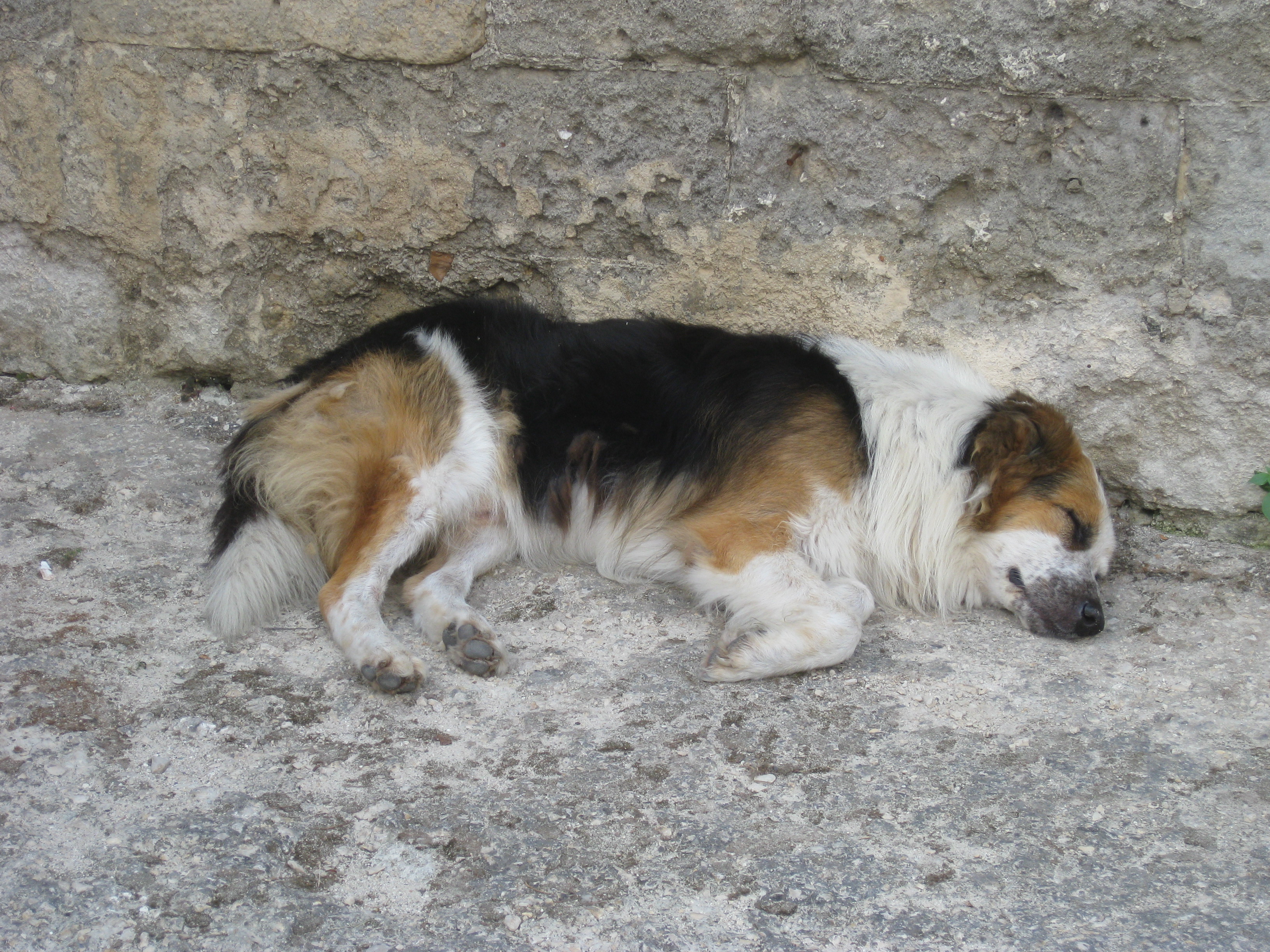Sleepy?

Sleepy?
Sleep is a time when we shut down our metabolic activity for healing and repair to take place. Tiredness as you know is the mechanism which tells you to sleep and it is not advisable to ignore it. When we are awake we cause cell damage and if we have insufficient sleep then the cell damage exceeds healing and repair and our health slowly deteriorates. Lack of sleep plays quite a part in degenerative conditions from heart disease to cancer and neurological disorders.
Apparently, during the flu epidemic after the First World War some people had neurological damage in which they lost their ability to sleep. These people unfortunately all died after about two weeks. This just shows how important sleep is for us all.
Our biological clock is set by the light and electric light gets in the way. It upsets the rhythm. We need to sleep more in the winter because we go into a form of semi-hibernation and our behaviour should reflect this fact. In the summer we need to sleep less.
The dark helps us to sleep and it’s important to have a dark room to sleep in and if you can’t do this wear an eye mask to cover your eyes or use black out curtains. We need bright light during the day to switch off melatonin which is the sleep hormone. At night we need the darkness to get our body to produce the melatonin to help us sleep, therefore we need the dark. Your pineal gland produces melatonin and serotonin.
Here’s a list of reminders to help you to sleep better:
- As we are creatures of habit then a regular bed time is a good start. Introduce a “wind down” period before you go to sleep i.e. don’t do things that stimulate your mind in the two hours before bed, so no computers, iPads and other similar things.
- Have a good balance of physical and mental activity during the day. 30 minutes or more of exercise a day can improve your sleep. Don’t exercise in the hours leading up to bedtime because physical activity will tend to keep you awake.
- Try not to drink anything in your “wind down” time so you reduce the need to go to the toilet during the night.
- Keep your caffeine down after early evening as caffeine stays a long time in your body and is a stimulant.
- Dark room – try to keep all light from your bedroom once you settle down.
- Keep your alcohol down – it may initially help you to go to sleep but there is a good chance that you will wake during the night. It can produce rebound hypoglycaemia which disturbs sleep.
- A high fat, low carbohydrate snack just before bed helps some people e.g. nuts, seeds, which help prevent nocturnal hypoglycaemia. This manifests itself with vivid dreams or sweating or waking in the night. This is the commonest reason for disturbed sleep.
- A warm comfortable bed. Keep your feet warm. Feet have the poorest circulation and so can wake you up if not warm enough. You could use a hot water bottle or wear some bed socks.
- If you wake up during the night try not to switch the light on as this will start to wake you up.
- Try having a regular “sleep dream” to send you off e.g. lying on a warm, sunny beach or walking in the countryside on a beautiful summer’s day. Anything that will help you feel relaxed and safe.
- So, have sweet dreams.
Reference: Dr. Myhill


